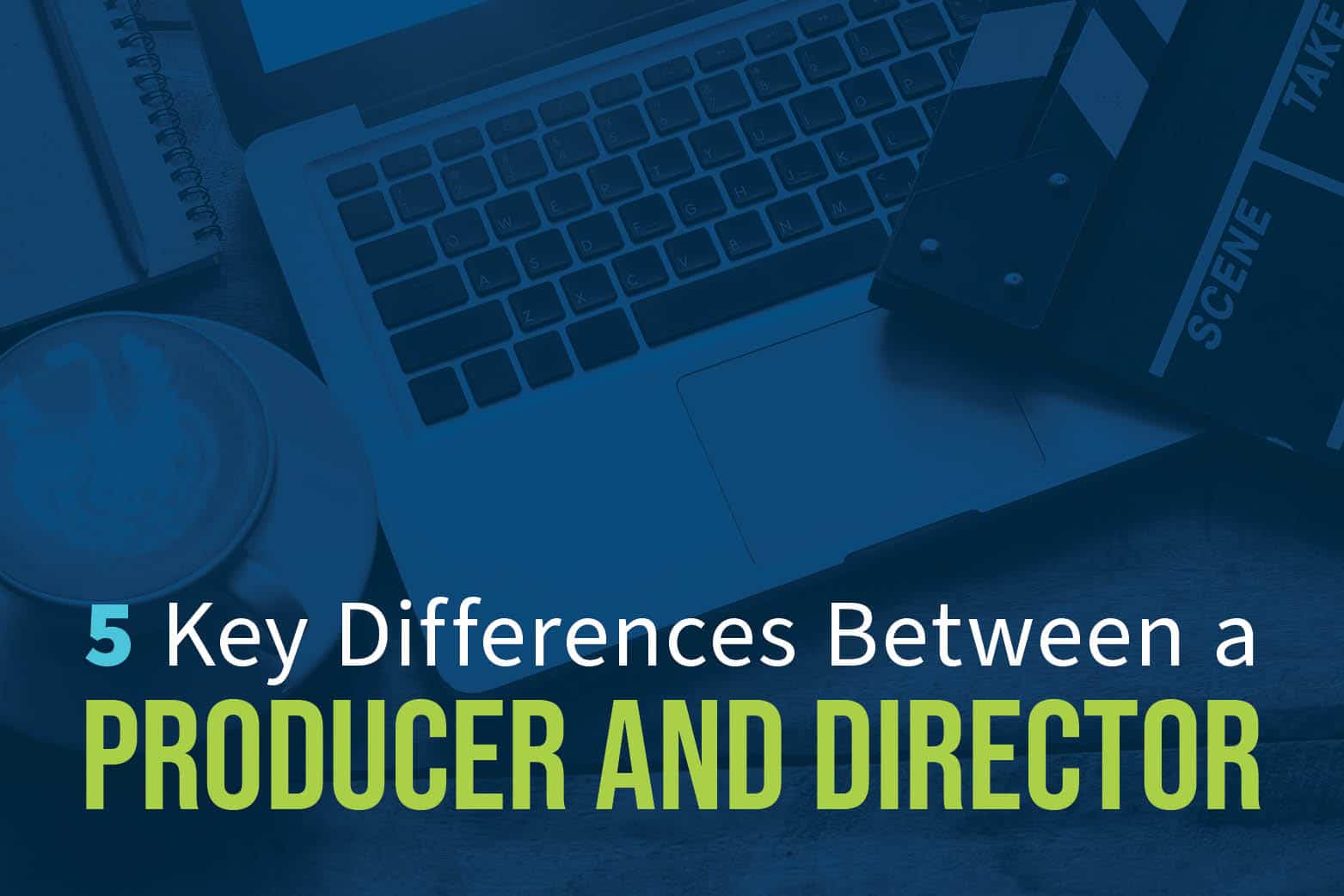

- #The difference between a poducer and a director how to
- #The difference between a poducer and a director movie
- #The difference between a poducer and a director tv
You can tell a Spielberg movie from a Scorsese movie from a Francis Coppola movie from a Sofia Coppola movie just by how they see the world through their cameras, just as surely as you or I could write the same scene in a story and it would come out filtered through how we see the world. The director decides how the movie's gonna look, how the story will be told, talks to the actors, calls the shots. In film, in theory, the director is supposed to be the creative force driving the film, the auteur ("author").


#The difference between a poducer and a director tv
There are many 'producers' on a TV show who are simply writers, who have nothing to do with financing or hiring crew or actors or dealing with logistics or any of that.

In TV, the big boss of the show is an executive producer who gets the not-shown-on-screen title of "showrunner"-the real guy in charge of the whole mess, the Aaron Sorkin or Joss Whedon or Parker/Stone, who supervises the writing and the casting and the directors and all that, and who is helped by other producers who do the logistical / financial work. In television, things get more complex because a lot of writers get producer titles (or 'supervising producer' or whatever) this is because they can't hand out writer titles to the whole team on every episode due to Writers Guild rules.
#The difference between a poducer and a director how to
There are no rules to how to be a producer the way there are with other titles, there's no union, none of that. The truth is that there's lots of things producers do, some may have just come on board with a little money, some are studio guys, some are actually on the set making sure people get fed and paid and moved, some are just the lead actor and/or his manager demanding a title. You'll see lots of producers (and exec producers and associate producers etc. He is the guy who thought, "This movie should exist" and then rolled up his sleeves and made it a reality. He finds or commissions the script, hires the director and maybe some cast, plans the schedule, deals with the studio and/or investors, arranges for locations and payment and crew and distribution and all the things that are needed to make a project happen. Likewise, the DGA has a set of creative rights for the Director.The producer puts the project together, creatively and logistically. That’s because producing is a lot of work, but to qualify for a “produced by” credit, and ultimately become a member of the union, the PGA has a set of responsibilities that determine whether a Producer deserve that credit. In a nutshell, the Producer handles the business side of things and the Director handles the creative side of things, but many decisions are made together.Īnyone who has watched a film and has stuck around for the credits (and you should!) knows that there is one Director (with some exceptions), but a slew of Producers on a film. The Producer and Director each have important responsibilities, but they must consult one another, not only because it makes sense, but also because both the Director’s Guild (DGA) and the Producer’s Guild (PGA) require them to. The relationship is like a marriage with a precious baby called the film. To answer the question “who’s the boss?” - they both are. There is a big difference between a Film Director and a Film Producer, but the two work very closely together.


 0 kommentar(er)
0 kommentar(er)
